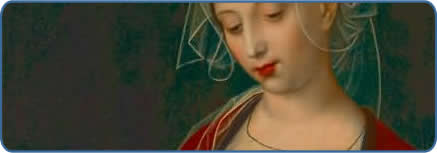The Divine Hours
A complete guide to the ancient practice of fixed-hour prayer

People
have prayed at fixed hours during the day for centuries. Quietly easing away
from the obligations of home or work, they take a few moments to spend time with
God. These moments connect them to the Divine, and to the countless others who
are also pausing to pray the prayers designated for that hour, on that day.
Prayers whispered and chanted, spoken loud and clear or murmured silently
within, all join together in a continuous flow, a river of words from our soul
to God’s.
The
Divine Hours by Phyllis Tickle is a manual for fixed-hour prayer. It
presents the prayers to be prayed at the divine hours of every day: Morning
prayers, for prayer between 6 and 9; midday prayers for praying between 11 and
2; and evening prayers to pray between 5 and 8, and help us gently close the
day.
Praying
the hours enjoins us to stop, let go of all that occupies us, and focus on the
sacred at regular intervals throughout the day. Suddenly, every day becomes
holy, for every day is laced together by our appointments with God.

PRAY THE HOURS
Select a time zone to join others in praying the hours
AN INTRODUCTION BY PHYLLIS TICKLE
Like a double helix
rendered elegant by complexity and splendid by
authority, the amalgam of gospel
and shared meal and the
discipline of
fixed-hour prayer were and have remained
the
chain of golden connection
tying Christian to Christ and Christian to
Christian across history,
across geography, and across
idiosyncrasies of faith.
A BRIEF HISTORY OF FIXED-HOUR PRAYER
Fixed-hour prayer, while it
is with the Eucharist the oldest surviving
form of Christian spirituality,
actually had its origins in the Judaism
out of which Christianity came.
NOTES ON HOW TO USE THE PRAYERS
Following current Church
practice, the offices appointed for each day are four in number: morning, noon,
vespers, and compline.
SYMBOLS AND CONVENTIONS USED
In this excerpt from The Divine Hours, Phyllis Tickle explains how to use the manual for fixed-hour prayer.